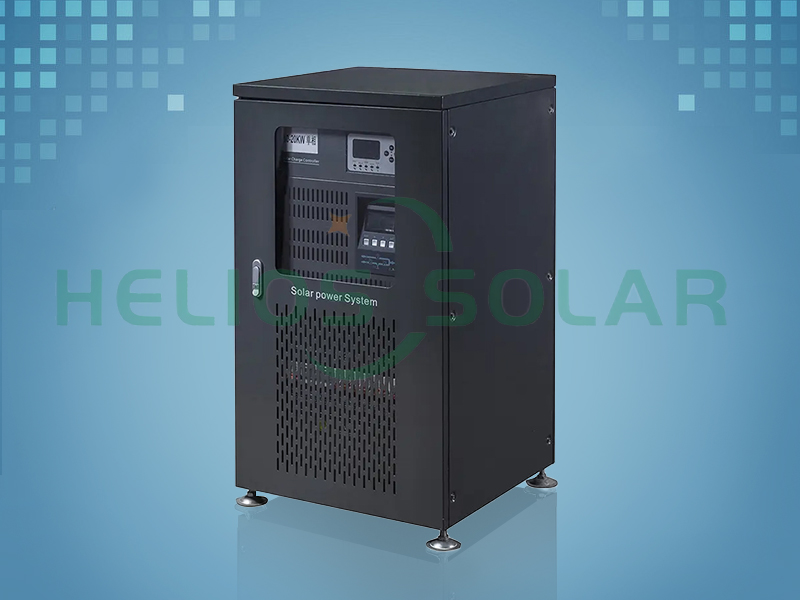Whether you’re an experienced camper or new to the world of off-grid adventures, having a reliable power source is essential to a comfortable and enjoyable camping experience. An important component of an off-grid camping setup is an off-grid inverter. In this blog, we’ll delve into the question “What size inverter do I need for my camping off-grid setup?” And provide you with some useful insights into choosing the right inverter for your needs.
Learn about off-grid inverters:
Before deciding on the size of inverter you need for your camping setup, it’s important to understand what an off-grid inverter does. Essentially, an off-grid inverter converts direct current (DC) power produced by solar panels or batteries into alternating current (AC) power, which is the type of power used by most home appliances and electronics.
Determine the size of the inverter:
To determine the size of inverter you need for your camping off-grid setup, you must consider the power consumption of the appliances and equipment you plan to use. Start by making a list of all the electrical equipment you plan to bring, including lights, laptops, smartphones, refrigerators, and any other appliances you might use during your camping trip. Note their power ratings in watts or amperes.
Calculate your electricity needs:
Once you have a list of the power requirements for each device, you can add them up to get the total power requirements. Accurate calculation of total power consumption is crucial to avoid overloading or underutilizing off-grid inverters. It is recommended to add a 20% buffer to your total power needs to account for any unexpected power surges or other devices you may connect in the future.
Choose the right inverter size:
Off-grid inverters usually come in various sizes, such as 1000 watts, 2000 watts, 3000 watts, etc. Depending on your power needs, you can now choose the right inverter size. It is always recommended to choose an inverter that is slightly larger than your estimated power consumption to ensure optimal performance and meet future power needs.
Consider efficiency and quality:
While size is an important factor, the efficiency and quality of the off-grid inverter must also be considered. Look for an inverter with a higher efficiency rating as this will ensure maximum utilization of the available power. Also, consider the durability and reliability of your inverter, as camping conditions can be challenging, and you want a product that can withstand the elements.
In conclusion
Choosing the right off-grid inverter for your camping adventure is crucial to having a worry-free and convenient experience. By considering the power needs of your appliances and equipment, accurately calculating your power needs, and choosing an inverter size that meets those needs, you can ensure a reliable, efficient power supply during your off-grid camping trip. Remember to also consider the efficiency and quality of the inverter to make an informed purchasing decision. Happy camping!
If you are interested in off-grid inverter price, welcome to contact Radiance to read more.
Post time: Sep-20-2023


